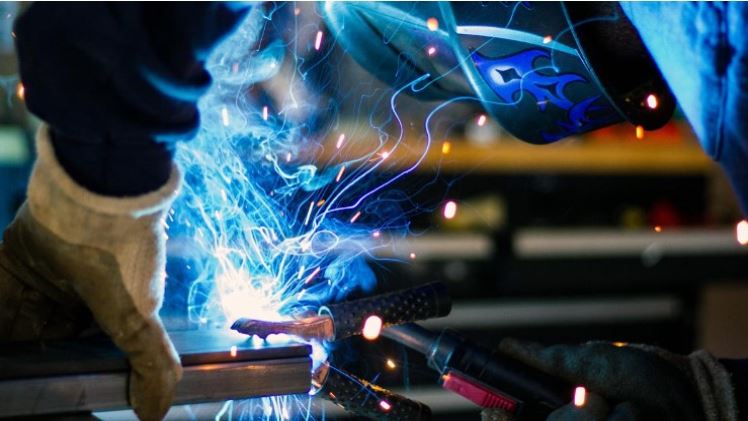The Role of Custom Welding and Fabrication in Modern Industry

In the ever-evolving landscape of industry, one question that often arises is the necessity of custom welding and fabrication. In a world where mass production seems to dominate, is there still a place for the art of welding and fabrication tailored to specific needs?
This article delves into the significance of custom welding and fabrication, shedding light on its relevance and importance in various sectors.
Understanding Custom Welding:
Custom welding is not just about joining two metal pieces together; it’s a craft that involves precision, expertise, and innovation. Unlike off-the-shelf solutions, custom welding allows for the creation of unique, tailored components that meet specific requirements.
Whether it’s building intricate structures or repairing specialized equipment, custom welding ensures a perfect fit and functionality.
The Versatility of Fabrication:
Fabrication goes hand in hand with welding, encompassing a range of processes such as cutting, bending, and shaping metal to create desired products. From architectural marvels to industrial machinery, fabrication plays a crucial role in bringing ideas to life.
It enables the customization of designs, allowing for the creation of prototypes and unique solutions that standard manufacturing processes cannot replicate.
Applications Across Industries:
The need for custom welding and fabrication spans across various industries, from automotive and aerospace to construction and manufacturing. In automotive engineering, custom welding is essential for crafting chassis, frames, and exhaust systems tailored to specific vehicle models.
Similarly, in the construction sector, fabrication is indispensable for creating structural components and architectural features that adhere to precise specifications.
Ensuring Quality and Safety:
One of the primary reasons for the continued relevance of custom welding and fabrication is the assurance of quality and safety. Unlike mass-produced components, custom-made parts undergo rigorous testing and inspection to ensure they meet industry standards. This is particularly crucial in sectors like aerospace and healthcare, where the slightest deviation can have severe consequences.
Additionally, custom welding plays a vital role in specialized processes such as backflow testing, ensuring integrity of plumbing systems and preventing contamination of potable water sources.
Adapting to Unique Requirements:
Every project comes with its own set of challenges and requirements, and custom welding and fabrication excel in meeting these demands. Whether it’s working with exotic materials, accommodating complex geometries, or adhering to tight tolerances, skilled welders and fabricators have the expertise to overcome obstacles and deliver exceptional results.
This adaptability is what sets custom welding apart from off-the-shelf solutions, making it indispensable in niche industries and specialized applications.
Driving Innovation and Creativity:
Custom welding and fabrication are not just about meeting existing needs; they also drive innovation and creativity in product design and development. By collaborating closely with engineers, designers, and clients, welders and fabricators bring fresh perspectives and ideas to the table, pushing the boundaries of what’s possible.
This collaborative approach fosters a culture of innovation, where solutions are tailored to address specific challenges and optimize performance.
Conclusion:
In conclusion, the question of whether custom welding and fabrication are necessary in modern industry is unequivocally answered in the affirmative. Far from being obsolete, custom welding and fabrication continue to play a vital role in meeting the diverse needs of today’s businesses and consumers.
From ensuring quality and safety to driving innovation and creativity, custom welding and fabrication remain indispensable tools in the arsenal of industries worldwide.

